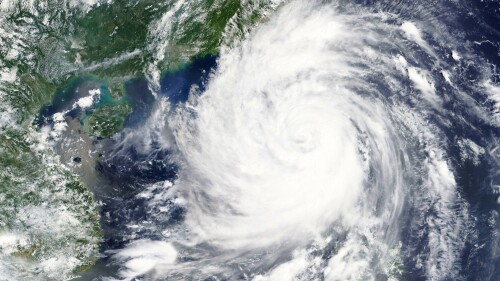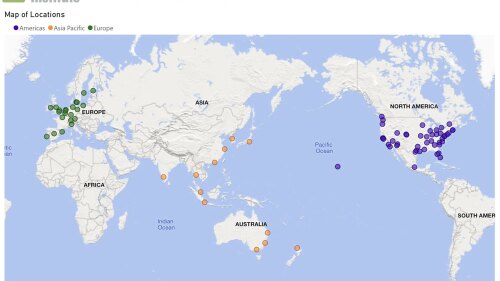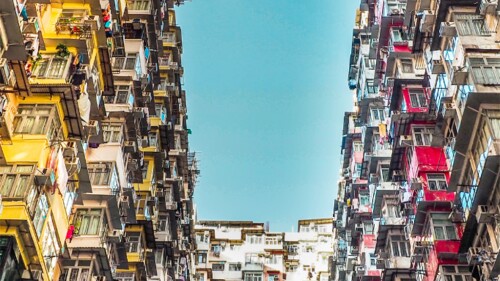ULI MEMBER–ONLY CONTENT: Hong Kong real estate developer Adrian Cheng is investing heavily in China’s emerging Greater Bay Area, touted as the up-and-coming Silicon Valley and Wall Street of the East. Cheng spoke in early September during ULI Asia Pacific’s virtual REimagine conference.
Cheng, executive vice chairman and CEO of his family’s New World Development Co. Ltd., said that the Hong Kong–based company now controls a land bank of about 290 hectares (nearly 717 acres) in the Greater Bay Area. That represents about 50 percent of the company’s total land bank in China, he said.
“There’s a lot of potential in the Greater Bay Area,” Cheng said. His company’s K11 ATELIER King’s Road in Hong Kong was one of 13 projects that received the 2020 ULI Asia Pacific Awards for Excellence.
The Greater Bay Area comprises the two special administrative regions of Hong Kong and Macao, along with the nine Mainland cities of Guangzhou, Shenzhen, Zhuhai, Foshan, Huizhou, Dongguan, Zhongshan, Jiangmen, and Zhaoqing. The area encompasses about 56,000 square kilometers (more than 21,600 sq m).
The Greater Bay Area is viewed as a future economic powerhouse in the same vein as the San Francisco, New York City, and Tokyo areas.
“As one of the most open and economically vibrant regions in China, the Greater Bay Area plays a significant strategic role in the overall development of the country,” the plan says. “The development of the Greater Bay Area is not only a new attempt to break new ground in pursuing opening up on all fronts in a new era, but also a further step in taking forward the practice of ‘one country, two systems.’”
Government leaders envision the Greater Bay Area evolving into “a world-class city cluster.”
Cheng’s company wants to maintain a highly visible presence in that cluster through, among other brands, K11 shopping centers and Rosewood luxury hotels. Cheng’s K11 Group has 36 projects—including shopping centers, office buildings, and luxury residences—in the works throughout China, mostly in the Greater Bay Area, he said. K11 Group, which Cheng founded in 2008, invests in retail and real estate as well as technology, fashion, entertainment, media, and design.
K11 Musea, dubbed the “Silicon Valley of culture,” opened in August 2019 at New World Development’s Victoria Dockside project in Hong Kong. The millennial-focused mall, a mix of shopping, dining, entertainment, art, and nature, “is designed to enrich the new consumer’s daily life through the power of creativity, culture, and innovation,” according to the K11 Musea website. The property sits at the heart of the US$2.6 billion Victoria Dockside, which comprises nearly 279,000 square meters (about 3 million sq ft).
Cheng described K11 Musea as “a melting pot where people can appreciate the beauty of artisanal objects and the beauty of daily life.” It fits into what he called “a diversified, customer-centric ecosystem” promoted by K11.
“We are creators; we are curators. We are creating value, creating experience, creating knowledge for society. And we are disrupting a certain normal,” Cheng said of K11. “We’re very adventurous. We’re very curious.”
Speaking of creative thinking, Cheng said that he foresees the coronavirus pandemic prompting the formation of private co-living and coworking “bubbles” populated by people who know one another, rather than by strangers.
Overall, Cheng expects many types of spaces to become bubble-like, with a big emphasis on pandemic-era features such as social distancing and hygiene. “People are much more cautious,” he said.
Registrants now have 24/7 access to rewatch any session. All of the ULI Asia Pacific REImagine content is available for pass holders for the next 90 days on demand. Purchase an on-demand pass here.






